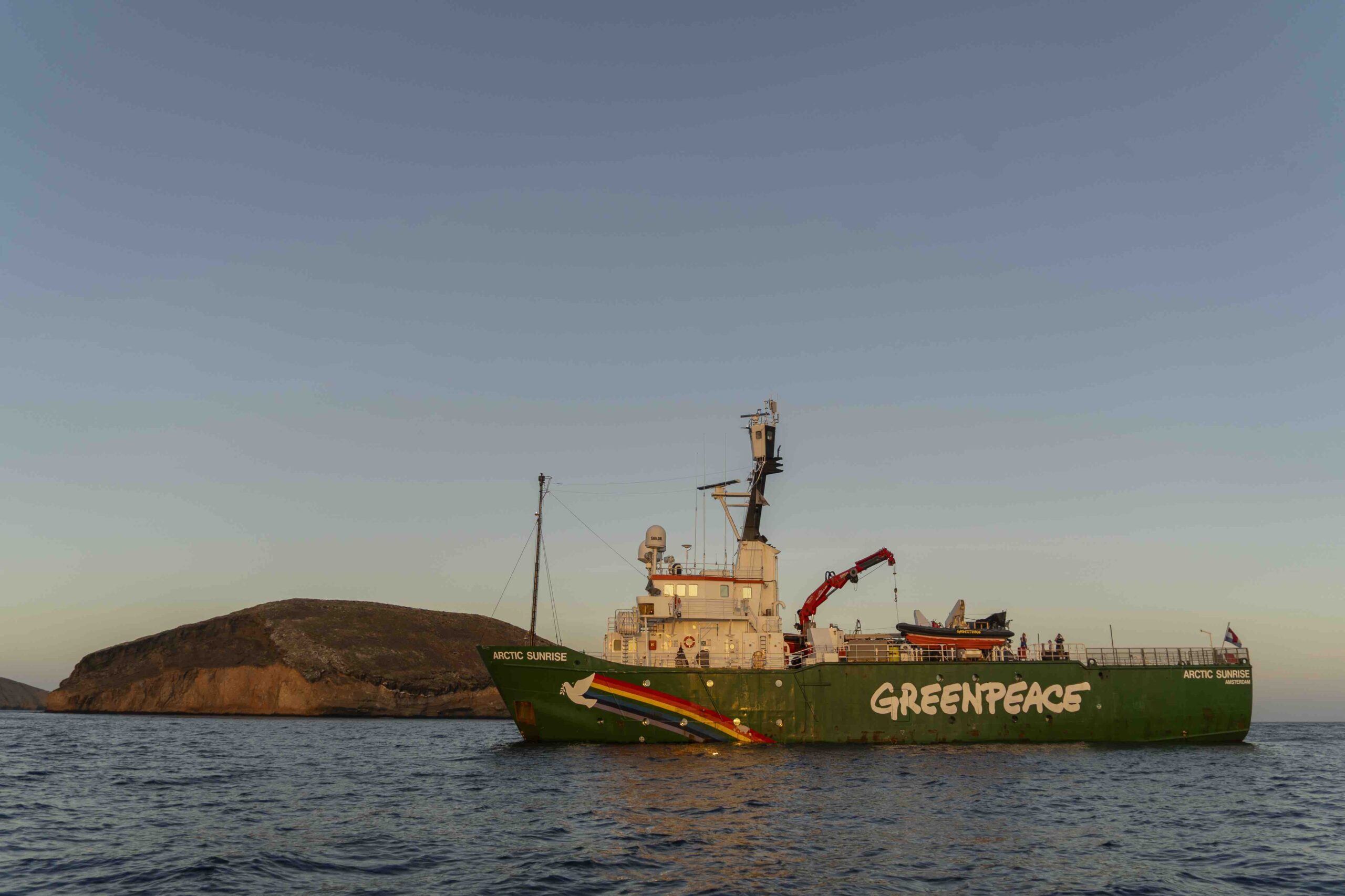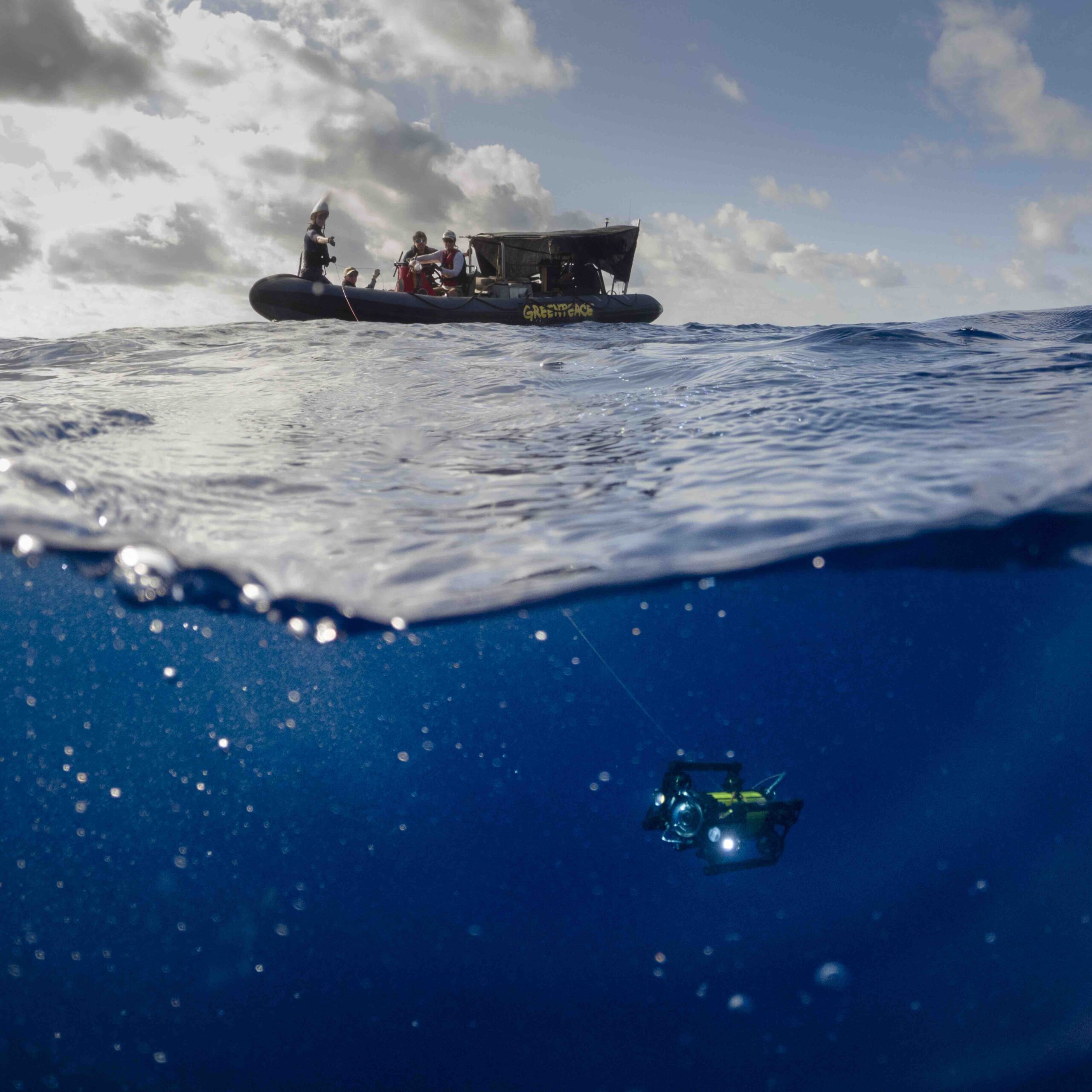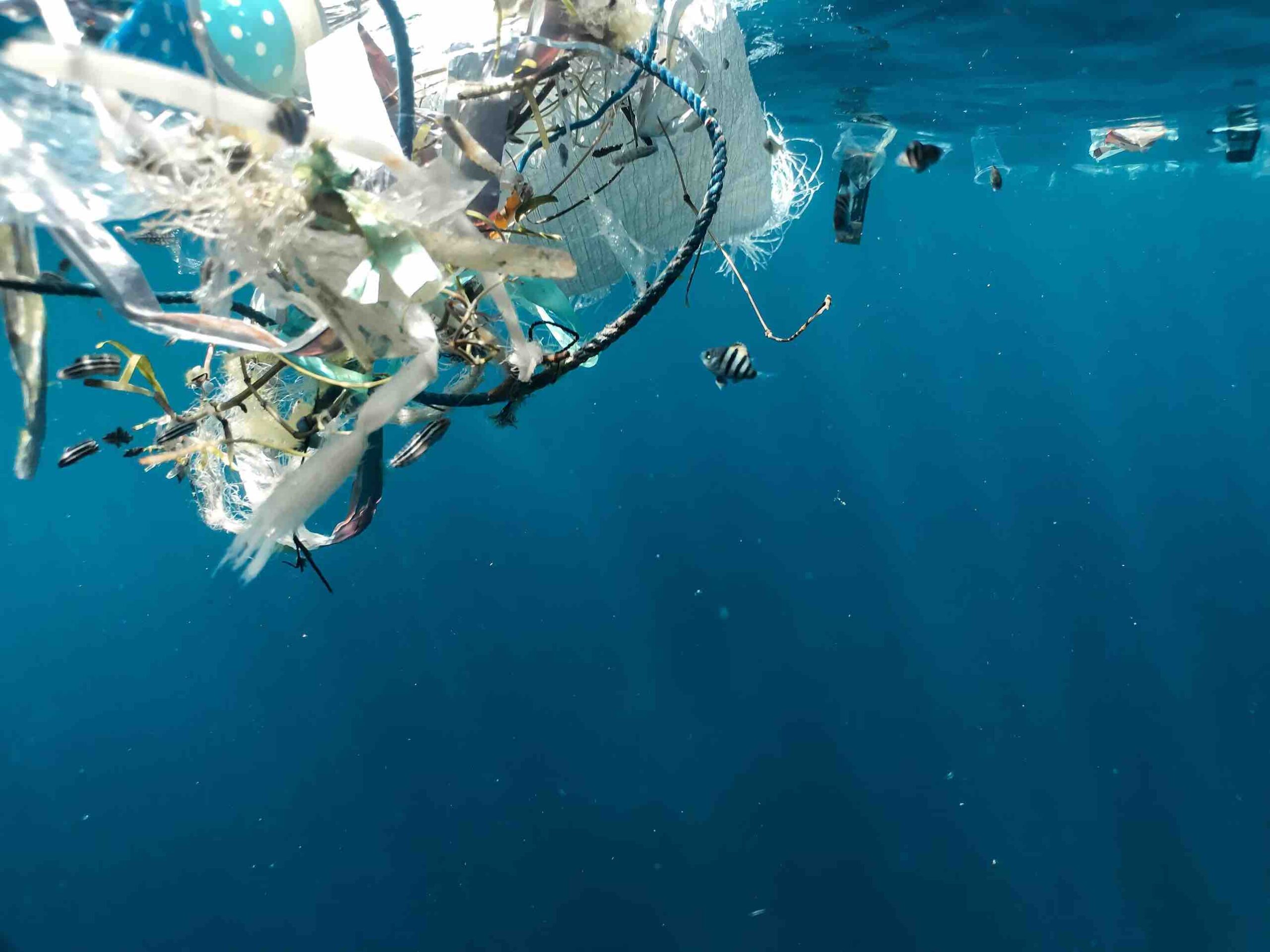The mass vaccination campaign began in the province of Galapagos at the end of April 2021. The Ministry of Public Health (MSP) and the Governing Council of the Galapagos special regime (CGREG) led this process and received the invaluable collaboration of Universidad San Francisco de Quito (USFQ) with the objective of immunizing 100% of the population over 18 years old.
The government wants to protect the population of the islands, reactivate the economy and motivate national and foreign tourists to visit Galapagos safely. In addition, one of the goals is to position the Galapagos as the first fully immunized archipelago in Latin America.
To help speed up the mass vaccination process, USFQ has been supported by the Galapagos Science Center (GSC) which is a joint research facility between USFQ and University of North Carolina – Chapel Hill that is based on San Cristóbal island. Together they were able to immediately mobilize a team made up of 18 doctors, who joined the MSP staff.
At the same time, another multidisciplinary team from USFQ arrived on the islands that were experts in a variety of areas including anthropology, communication, marketing, education and journalism. These 17 researchers came together on the archipelago to launch a communication and education campaign. This campaign focused on clearing up citizens´ doubts regarding the advantages and disadvantages of receiving the COVID-19 vaccine and its intention was to motivate the citizens of Galapagos to accept the vaccine.
An important part of the agreement signed between USFQ, the MSP and the CGREG is to carry out a scientific project that will be led by USFQ and will focus on developing information on the sequencing of the complete SARS-CoV-2 genome in adult patients. The GSC has made the use of its state-of-the-art laboratories available when necessary.
Finally, the agreement includes long-term research work on the socio-economic impact of the vaccination campaign on the islands.







